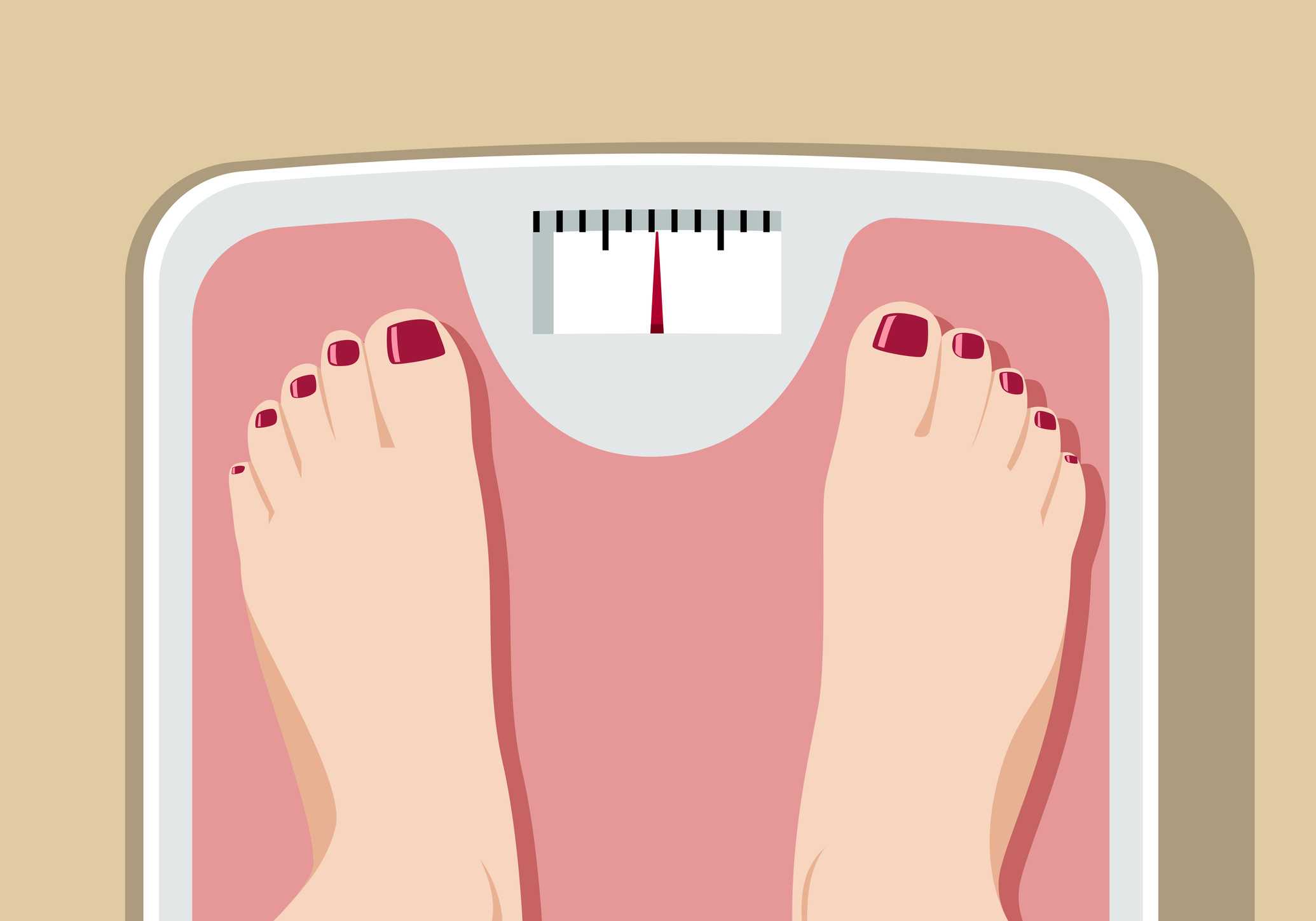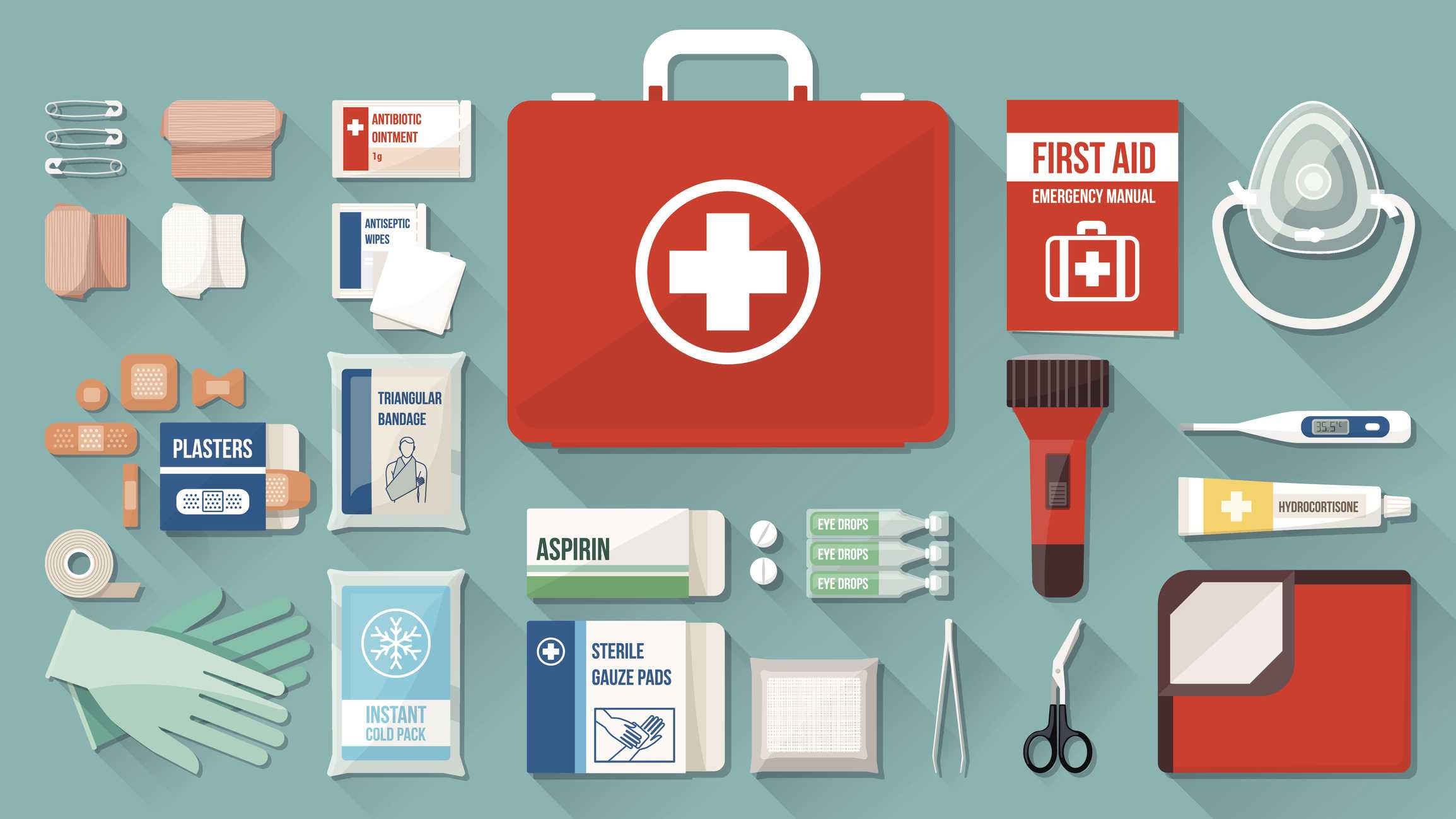Unexplained weight loss is the term used to describe a decrease in body weight that occurs unintentionally and can be a warning sign of diabetes.
The amount you weigh is determined by a number of factors including age, your calorie intake and overall health.
Once you reach middle adulthood, your weight should remain relatively stable from year to year.
Losing or gaining a few pounds here and there is normal, but unexplained weight loss that is significant (10 lbs/4.5kg or more or over 5% of your body weight) or persistent may signal an underlying medical condition.
Unexplained weight loss means weight loss that occurs without trying through dieting or exercising.
What are the possible causes of unexplained weight loss?
Unintentional or unexplained weight loss can be caused by a number of things, including depression, certain medication and diabetes.
Potential causes of unexplained weight loss include:
- Addison’s disease
- Cancer
- Coeliac disease
- Chronic diarrhoea
- Dementia
- Depression
- Diabetes mellitus
- Eating disorders (anorexia and bulimia)
- Exocrine Pancreatic Insufficiency
- HIV/AIDS
- Hypercalcemia
- Hyperthyroidism
- Infection
- Malnutrition
- Medicines, including chemotherapy drugs, laxatives, and thyroid medications
- Parkinson’s disease
- Recreational drugs, including amphetamines and cocaine
- Smoking
- Tuberculosis
Diabetes and sudden weight loss
In people with diabetes, insufficient insulin prevents the body from getting glucose from the blood into the body’s cells to use as energy.
When this occurs, the body starts burning fat and muscle for energy, causing a reduction in overall body weight.
Unexpected weight loss is often noticed in people prior to a diagnosis of type 1 diabetes but it may also affect people with type 2 diabetes
When to call your doctor
If you have unintentionally lost more than 5% of your normal body weight, or more than 10 lbs (4.5 kg) in 6 – 12 months or less, you should consult your doctor.
They will be able to determine what’s causing the weight loss (e.g. undiagnosed diabetes) and the best way to treat the problem.














